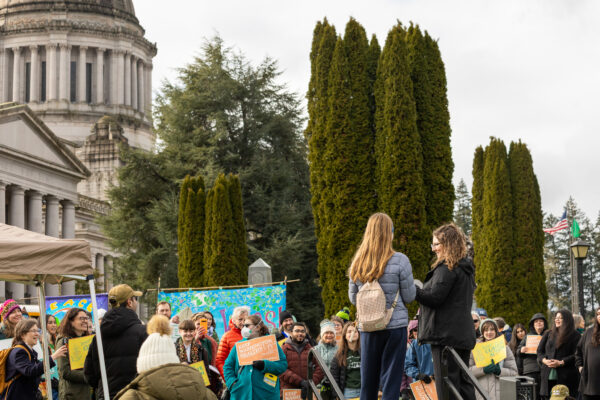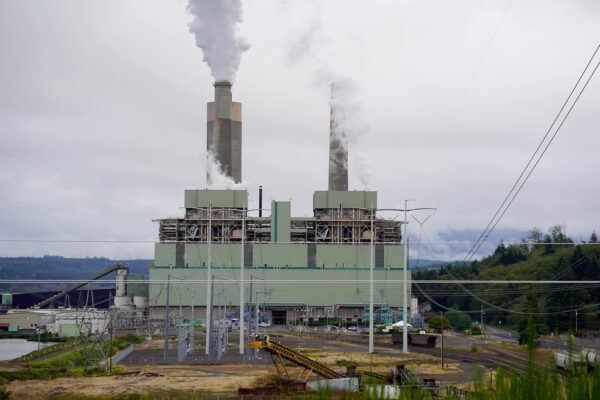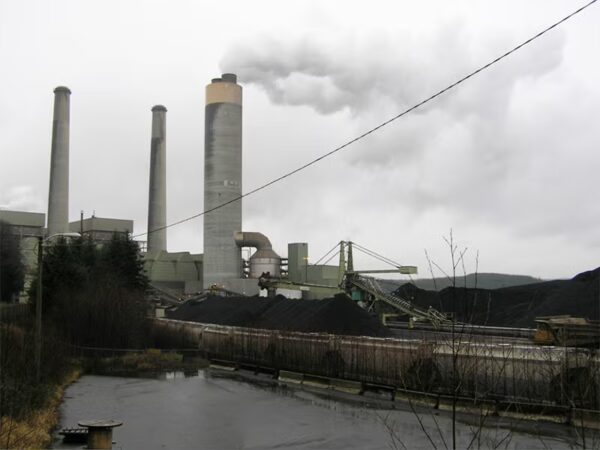March 9th, 2018 – Today, the Washington State Legislature adjourned with the passage of two environmental priorities and meaningful progress made on key bills benefitting community health and environmental protection. At the start of this year, the Environmental Priorities Coalition chose four key priorities, adopted a first-ever Partnership Agenda, and identified critical budget opportunities to improve communities across the state.
“The hundreds of environmental bills introduced this session show just how eager our state has been for action,” said Darcy Nonemacher, Government Affairs Director for Washington Environmental Council. “This year, we made needed progress on some key issues, but we have more work ahead to protect our environment and shape a better future for all Washingtonians.”
Act on Climate – progress made
- The legislature made some gains this session by passing a bill to stabilize funding for the state council that sets energy and water efficiency codes for buildings and homes. The legislature also invested roughly $80 million in clean energy projects, building efficiency upgrades, and weatherizing low-income homes.
- Although larger climate bills fell short, legislation to price pollution made it further through the legislative process than ever before. Ambitious bills to get the state on a course toward 100% clean energy were also alive throughout session. We expect this to be continued in subsequent sessions given the urgent need for comprehensive climate action.
Oil Spill Prevention Act – PASSED
- This bill passed with wide bi-partisan support and secured common sense improvements to the state’s oil spill prevention and preparedness programs.
- Closes a tax loophole for oil moving by pipeline (40% of the oil arriving in the state)
- Hires needed inspectors and strengthens Puget Sound protections to address oils that submerge and sink
- Creates an action plan to address the threat of barge traffic and conducts a transboundary summit on Salish Sea risks and protections with Canadian authorities
Toxic-Free Food Packaging – PASSED
- Washington becomes the first state in the country to restrict PFASs in paper food packaging. PFASs are industrial chemicals linked to cancer, liver toxicity, and are extremely persistent in our environment.
- PFASs found in products like microwave popcorn bags and sandwich wrappers will be phased out beginning Jan 1, 2020 as long as safer alternatives are available.
Sustainable Water Management – key investments made but water supply problems persist
- Legislature commits $300 million to improved water quality and access across the state
- However, there are critical issues that remain unaddressed. Water resources will continue to be depleted for farmers, fish runs, and communities across the state and there is hard work ahead to ensure access to reliable water supplies.
Partnership Agenda – for the first time ever, the Coalition endorsed legislation led by partners but important for environmental progress:
- Washington Voting Rights Act – PASSED – After years of remarkable work by the Washington Voting Justice Coalition, the legislature passed the Washington Voting Rights Act, automatic voter registration, same day registration, and pre-registration for 16 and 17 year olds
- Pesticide Drift Notification – PASSED – A bill to shape protections for farmworkers and communities from pesticide drift was approved
- Two measures endorsed by the Coalition did not pass: providing support for firefighters exposed to harmful chemicals and the Solar Fairness Act
Budget Priorities – The 2018 legislature adopted budgets that invest in communities and a healthy environment. Examples include $85 million for reducing toxic runoff, roughly $30 million for healthy forests, $80 million for clean energy projects, and an estimated $11 million for high priority actions for orca recovery.
###
About the Environmental Priorities Coalition
The Environmental Priorities Coalition is a network of over twenty leading environmental groups in Washington state that influence policy at the state level. For over a decade, the Coalition has selected joint priority issues to work on during legislative session to help focus environmental community resources and best achieve our shared goals.


